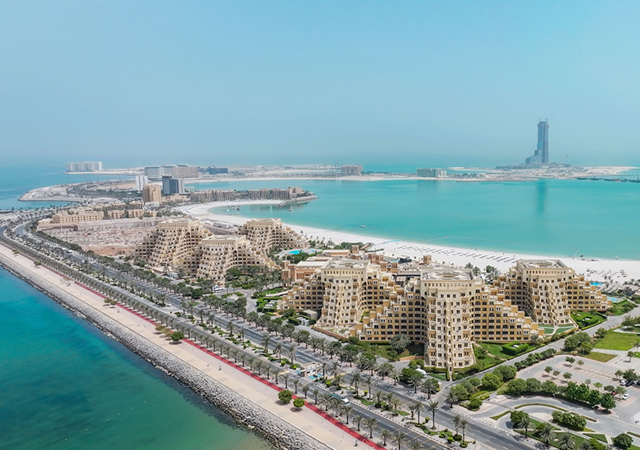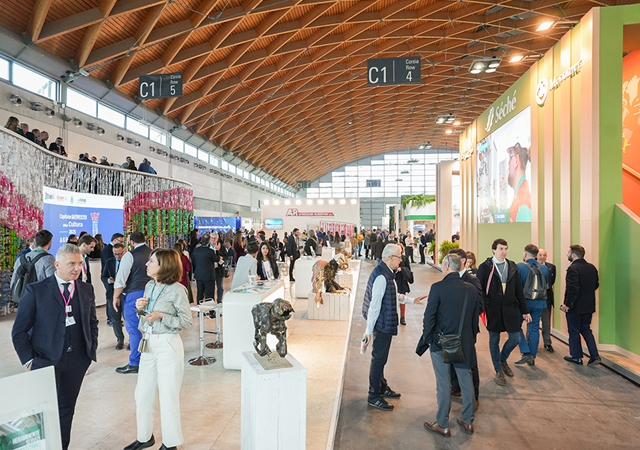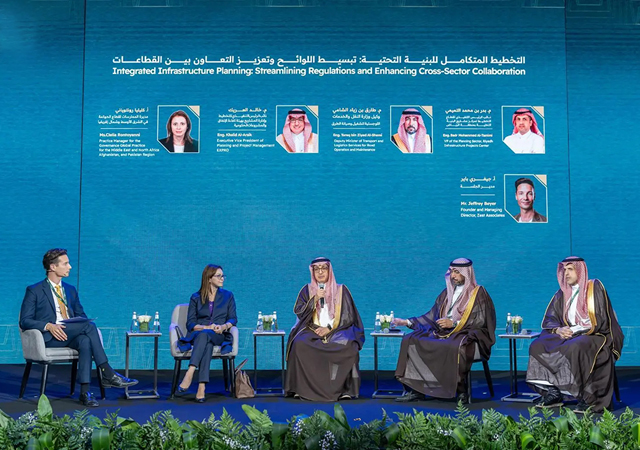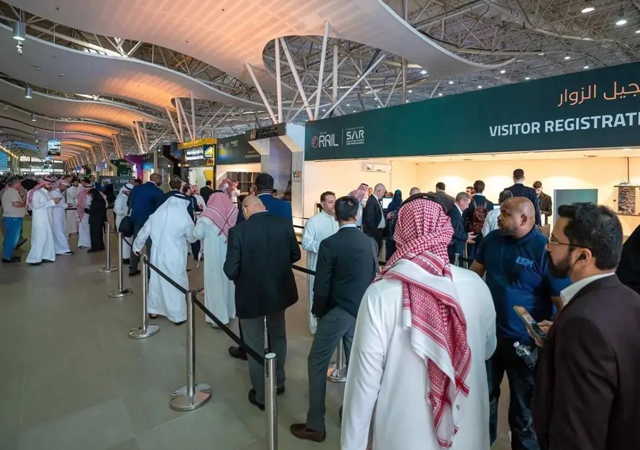
 The Al Uqair Beach Resort project was won due to quality product offering, says Hamdan (below).
The Al Uqair Beach Resort project was won due to quality product offering, says Hamdan (below).
HAVING recently completed a key project that has entailed installation of FRP (fibre reinforced plastics) solutions at a major beach resort in the Eastern Province of Saudi Arabia, Saudi Pultrusion Industry (SPI) is gearing up to start work on at least 10 other similar projects in the Al Ahsa region.
The company, which claims to be the only pultrusion specialist in the kingdom, says it has supplied FRP platforms, handrails, decorative walkways and gratings for the Al Uqair Beach Resort for Amana Al Hassa (Al Ahsa Municipality).
The striking project, featuring colourful components that boast corrosion resistance, was completed in March this year and will serve as a pilot project for 20 other projects planned by the municipality, according to Brummel Esperancilla, SPI sales manager.
 |
In the first stage, SPI is hopeful of starting work on the first 10 projects planned for the beach areas in Al Ahsa.
“As part of Al Ahsa Municipality’s efforts to attract investors and improve tourism in the area, the local authorities approved the construction of FRP platforms, walkways and decorative handrails system all using FRP pultruded profiles,” says Mohammad Hamdan, general manager.
A major factor that helped the company clinch the deal was the durability and corrosion-resistance offered by its FRP systems, according to Esperancilla.
“FRP is proving to be the material of the future,” says Hamdan, adding that it provides exceptional chemical and corrosion resistance, high strength-to-weight ratio, heat resistance, dimensional stability, dielectric properties, transparency to radio frequency transmission and excellent creep and fatigue performance.
The 700-m structure at Al Uqair Beach Resort was installed along the seashore, and took four months to complete. The enclosure has been embedded into precast concrete foundations that are anchored to the seabed. This was the most challenging aspect of the project and provided the company with a learning curve to execute other similar projects for the municipality, according to Esperancilla.
FRP provides a host of advantages in such applications compared to structures built using concrete and steel, as it does not suffer corrosion. “In addition, it is not heavy and easy to install and offers long-term performance,” he adds.
 |
Advantageous ... FRP provides corrosion resistance. |
Although it costs more than standard steel, FRP is cheaper than stainless steel (316 grade), while requiring minimal maintenance, Esperancilla states. While it suffers the risk of accidental damage and vandalism, this can be addressed with spare parts that can be easily installed, he adds.
Apart from this recreational project, SPI has made strong strides in the engineering and construction fields by winning numerous contracts in various industrial, water and sewerage sectors.
Among its ongoing projects is the North Jeddah sanitary works, where under a subcontract from Al Harbi Trading and Contracting, it is supplying and installing FRP ladders with safety cages, handrail systems with multiple resting platforms for 460 shafts with heights ranging from 6 m up 30 m high. The company started work on the two-year contract late last year.
According to Esperancilla, 316-grade stainless steel was initially specified for the project; however, SPI convinced the client and consultant about the suitability of its FRP products, which also provide cost savings.
Another key project involves the supply of gratings, handrails, ladders and corrugated sheets for the seawater reverse osmosis desalination plant (Phase Three) in Jeddah, to Saudi Archirodon, the contractor on the project. SPI started delivery of its FRP products in March this year and expects to complete the order by August.
Meanwhile in the industrial sector, it is supplying 1,000 sq m of gratings, 2,800 linear m of handrails and 150 m of ladders for Bahrain Petroleum Company’s (Bapco) industrial waste treatment plant in Bahrain and has just completed an order for 2,500 sq m of gratings and 3,000 linear m of handrails for Arabian Chlor Vinyl Company’s facility in Jubail.
SPI manufactures FRP pultruded profiles used for gratings, handrails, and ladders with safety cages, walkways and platforms; cooling tower structural supports; and cable ladders.
Hamdan says the company has been witnessing year-on-year growth in terms of turnover, number of projects and new applications for its products, with sales up by almost 50 per cent over last year’s figures.
In line with its goal of becoming the leading FRP manufacturer in the Middle East and to cope with the anticipated demand for these products, the company has recently commissioned its third production line, which has a capacity of 30,000 linear m of profiles per month, boosting SPI’s total capacity to 90,000 linear m per month.
An additional 4,000 sq m of area has been purchased for its plant and a new warehouse facility has been constructed. By the third quarter of this year, the company intends to procure additional equipment including a pressed moulding machine for flat sheets and chequered plates of various thicknesses.
To support its growth, SPI opened a new branch office in Jeddah, which has been operational for almost a year, and plans to open a branch in Riyadh during the last quarter of this year.
A member of Abdullatif M Al Arfaj and Brothers Holding Company, SPI started operations in 2006 in Al Ahsa and manufactures FRP products under a technical licence from Pacific Composites. It has sales offices in Al Khobar, Dammam and Jeddah in Saudi Arabia with agents in Egypt, Kuwait, and Jordan.



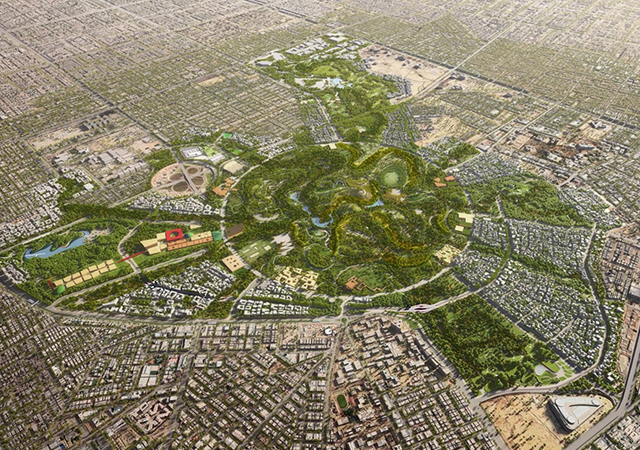
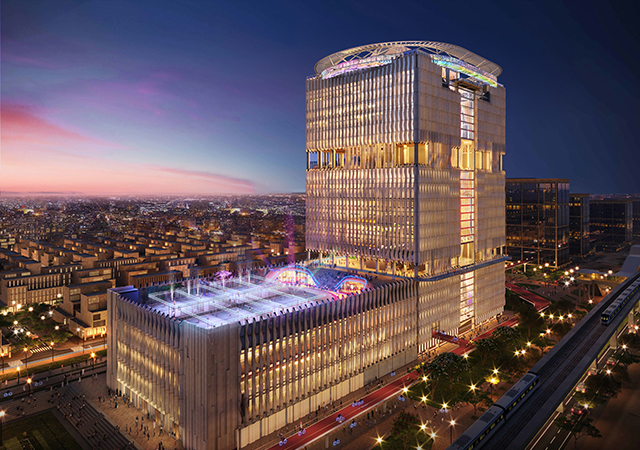
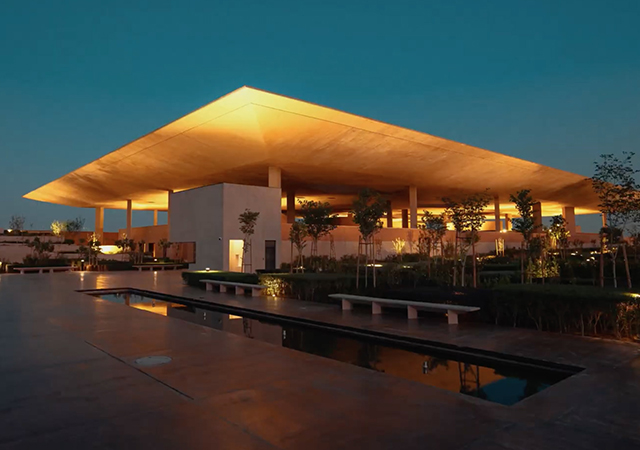
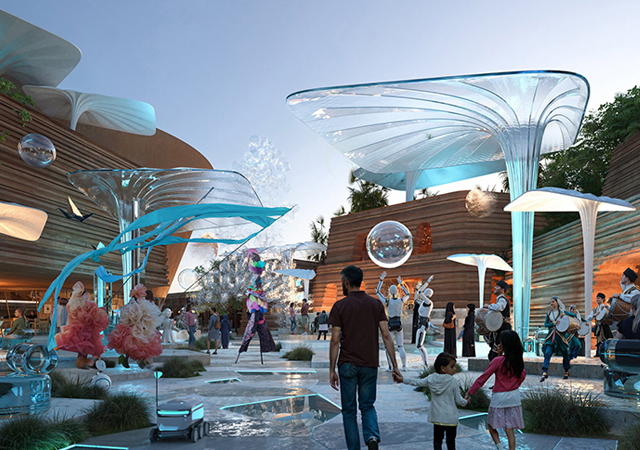
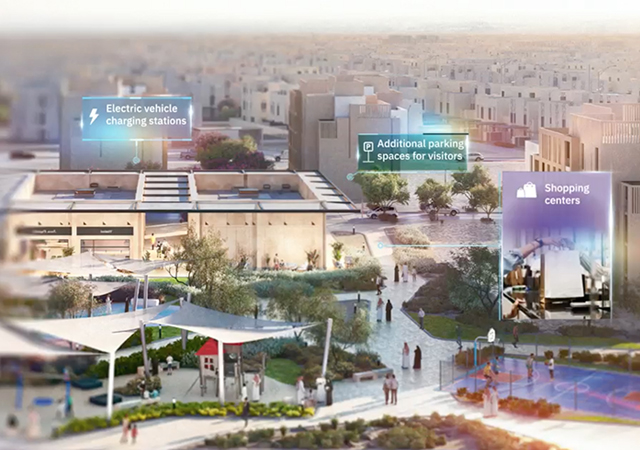
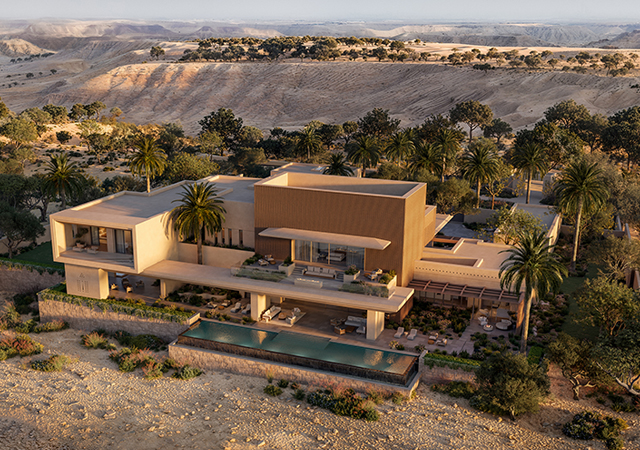
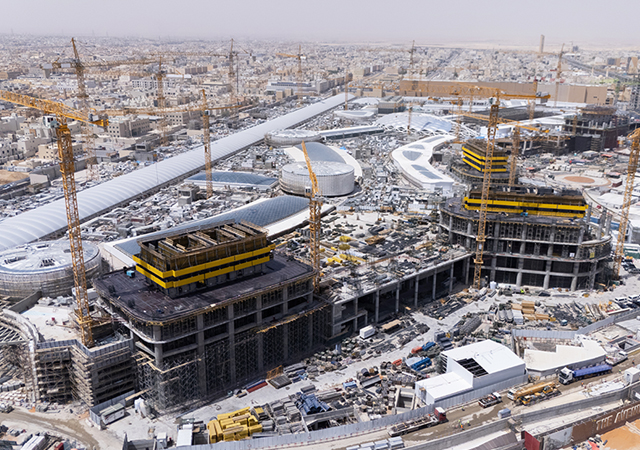
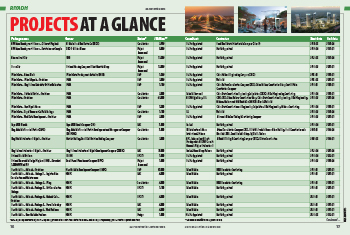
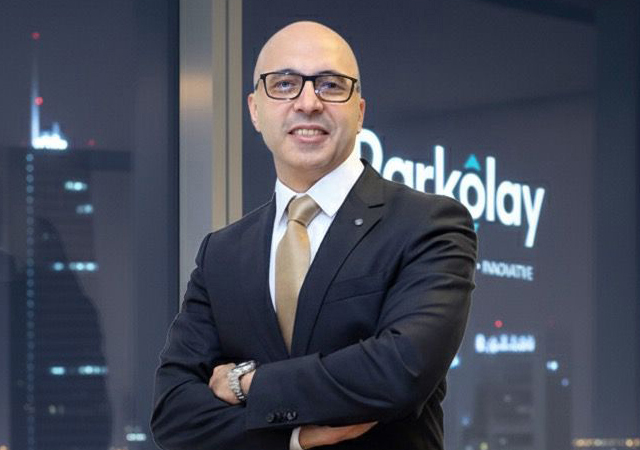
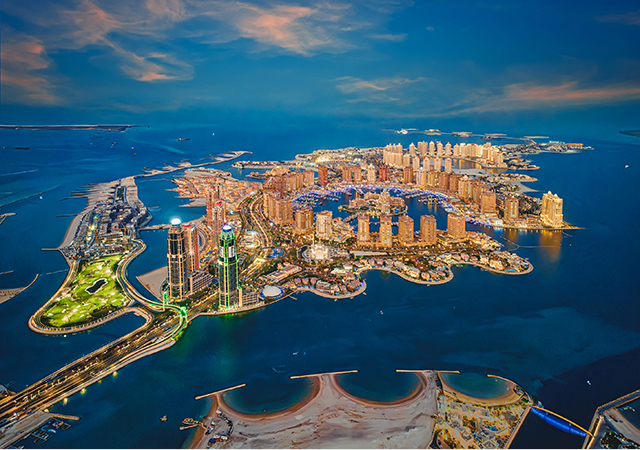
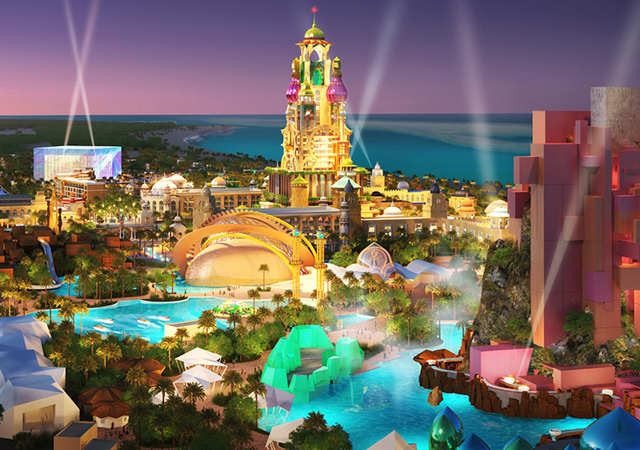
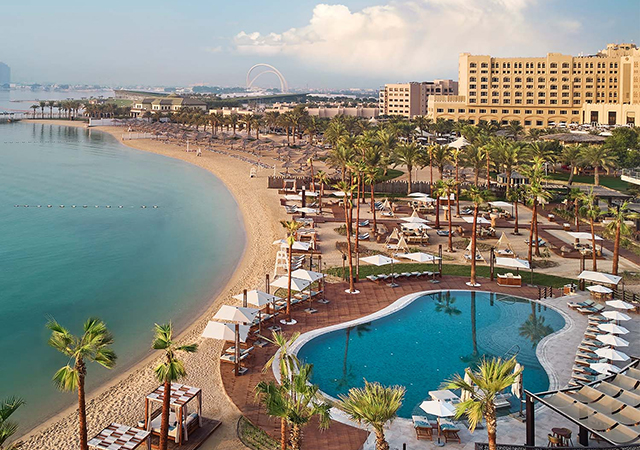
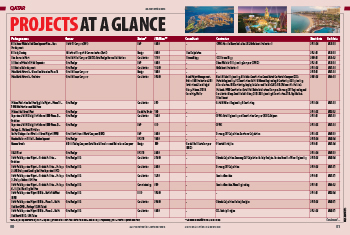
.jpg)
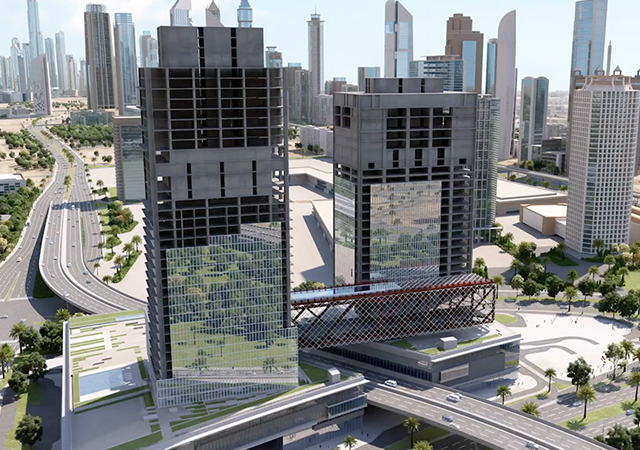
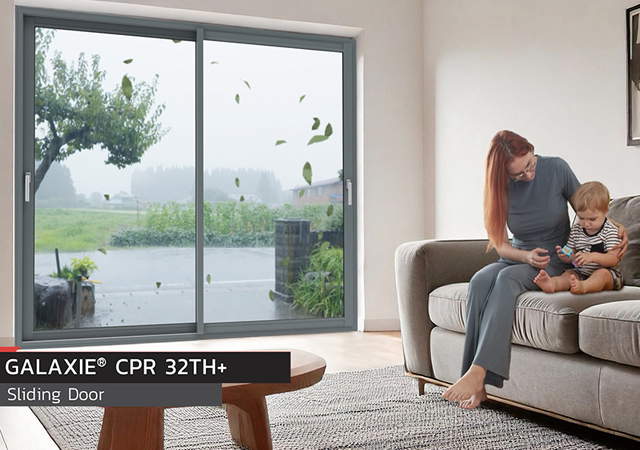
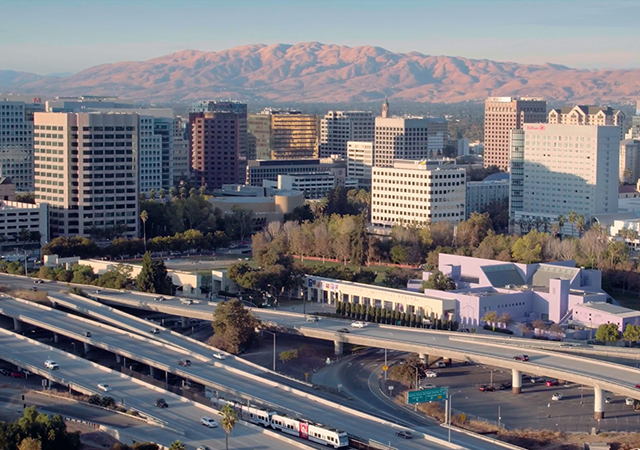
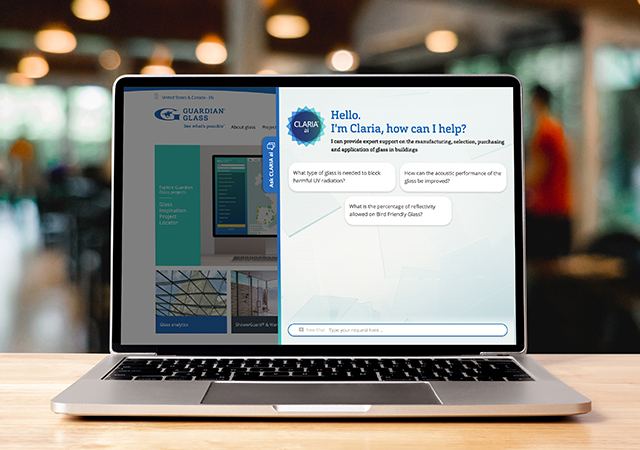

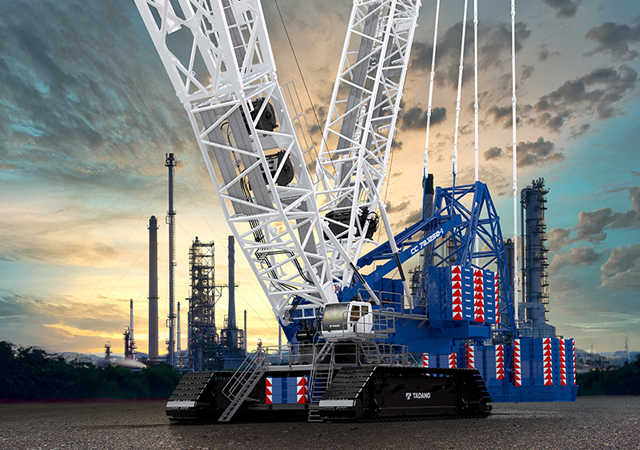
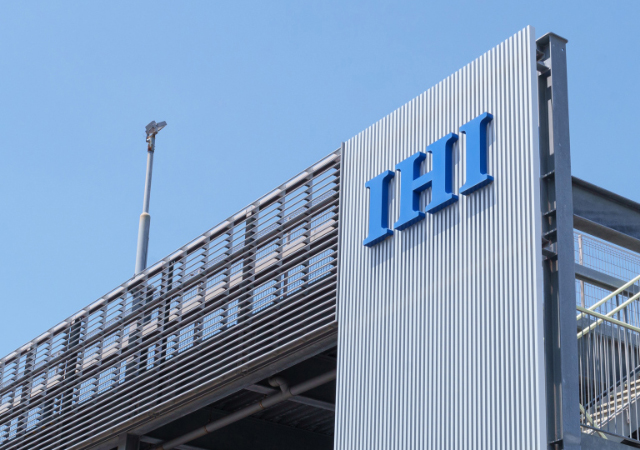
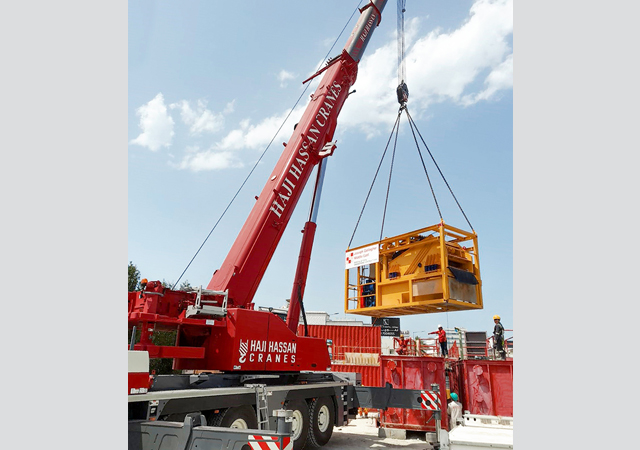
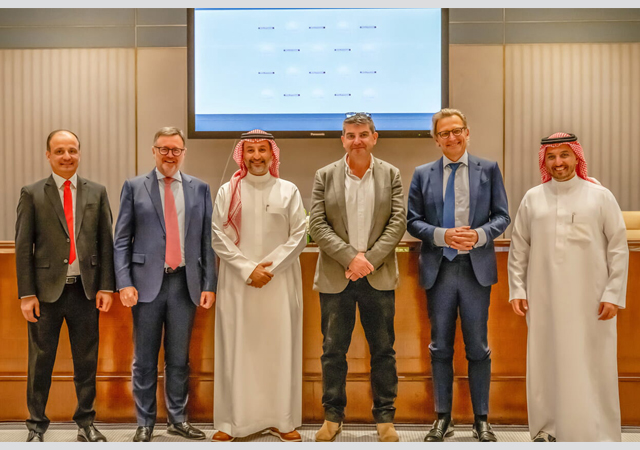
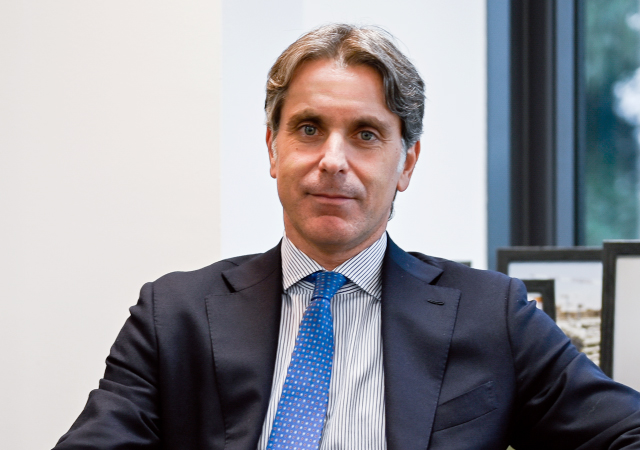
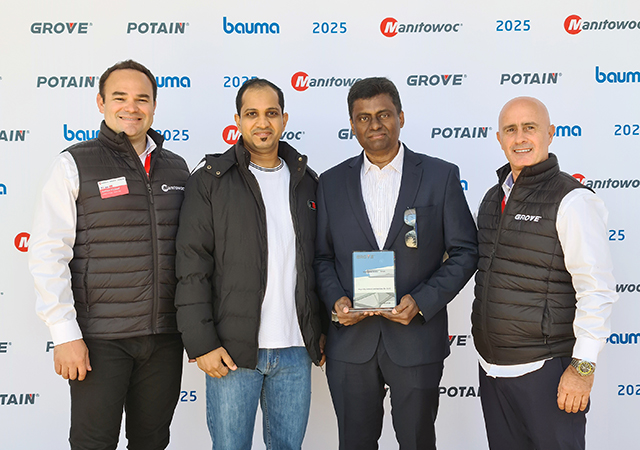
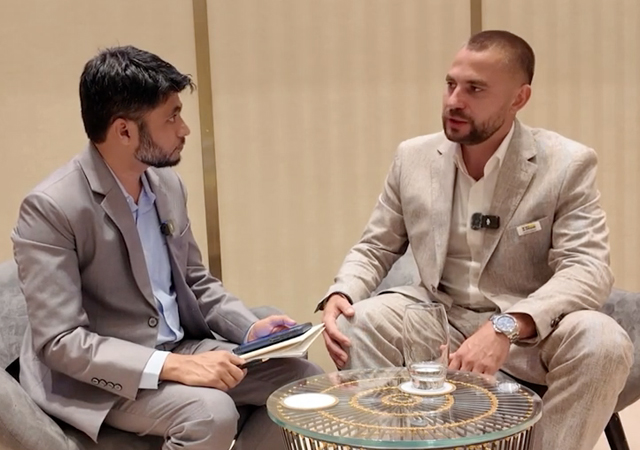
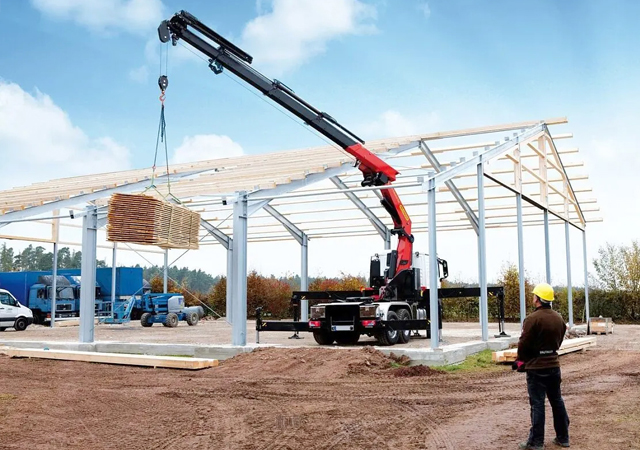
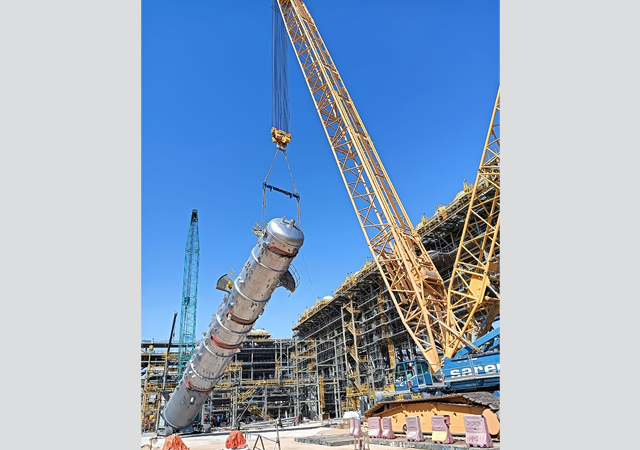
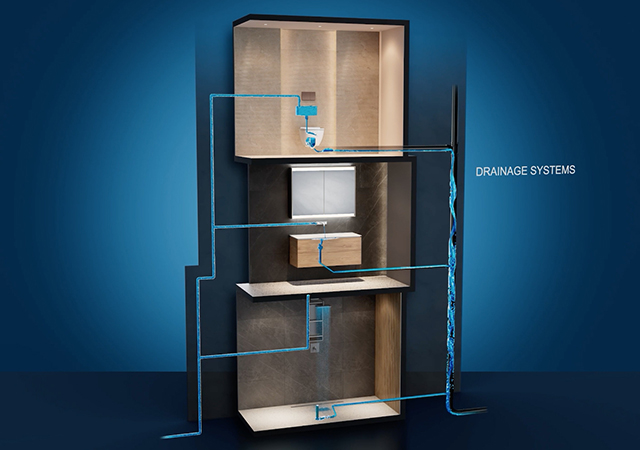
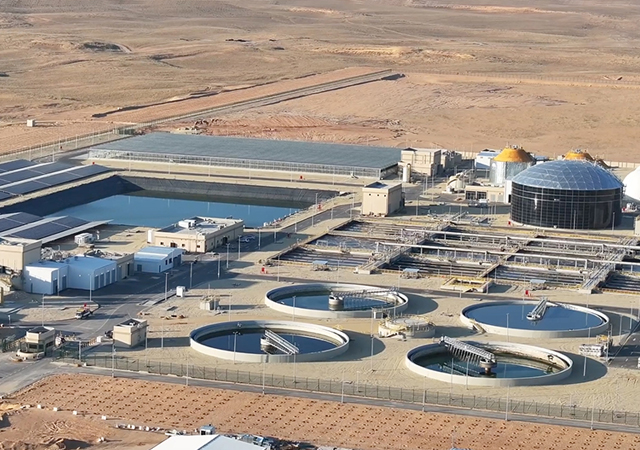

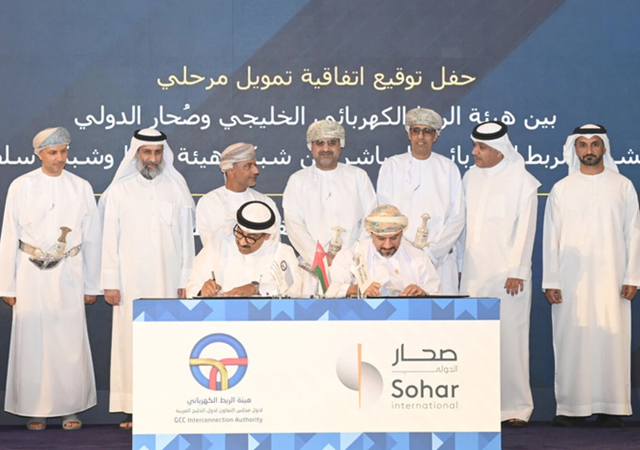
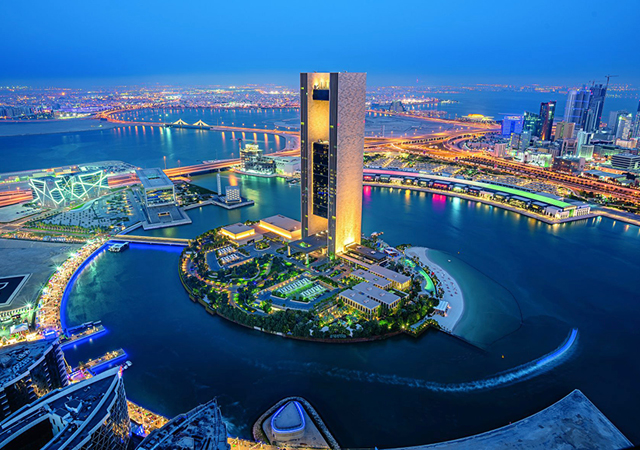
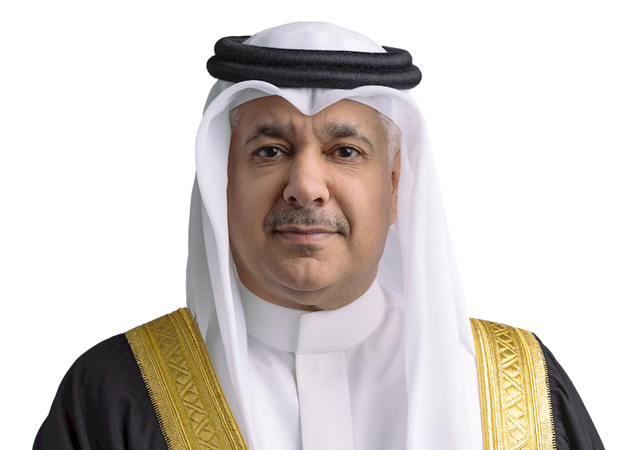
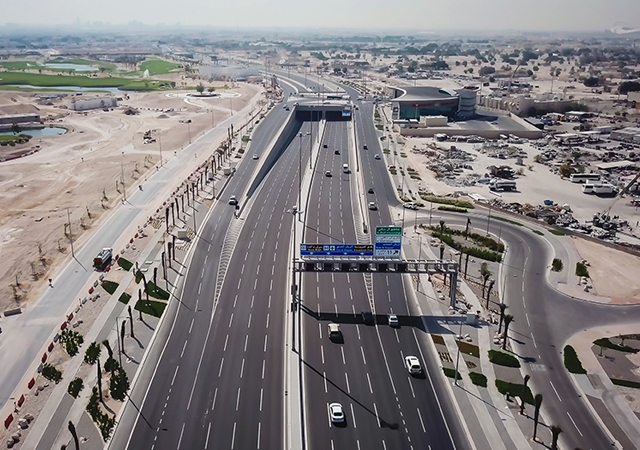
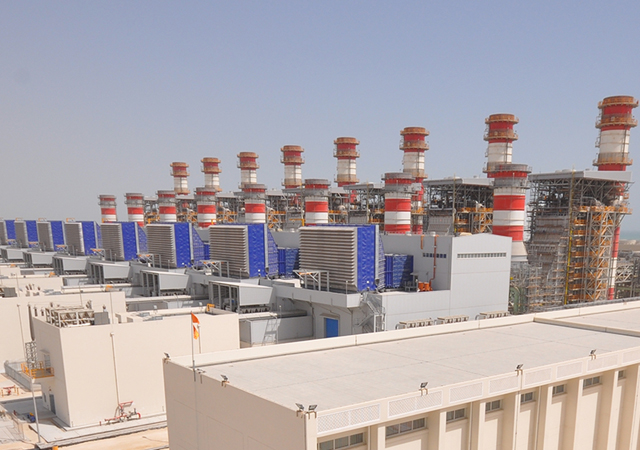
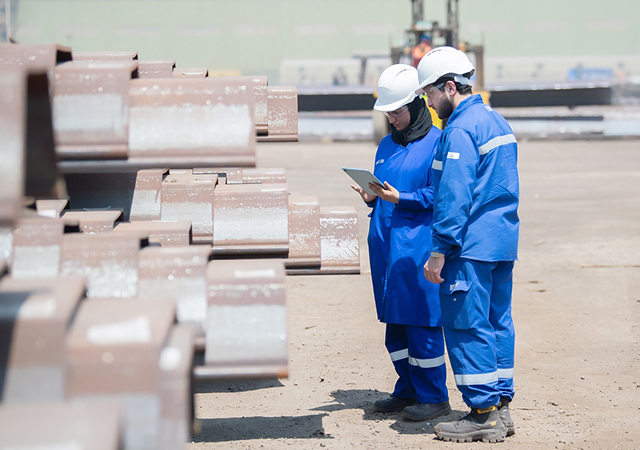
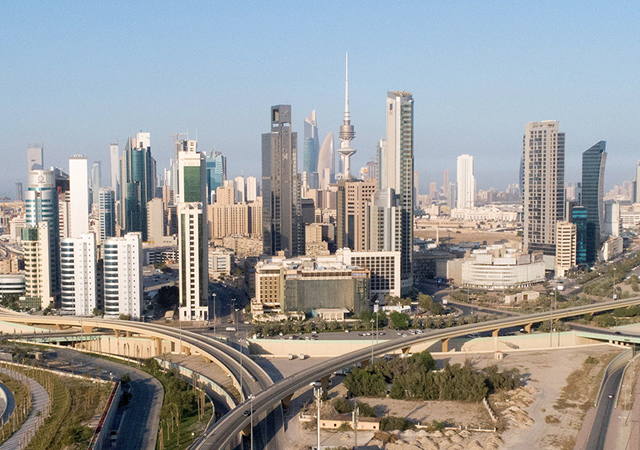
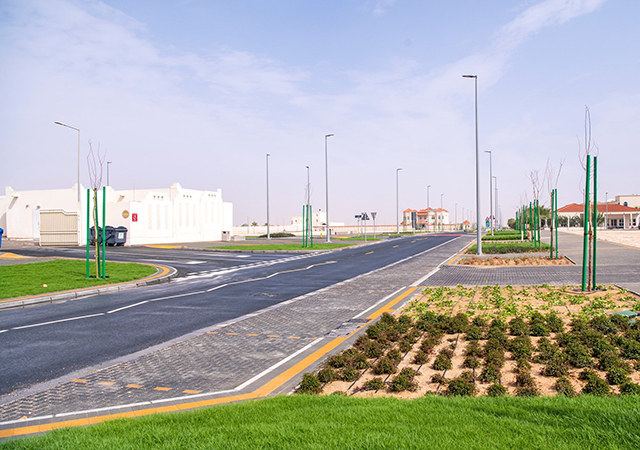
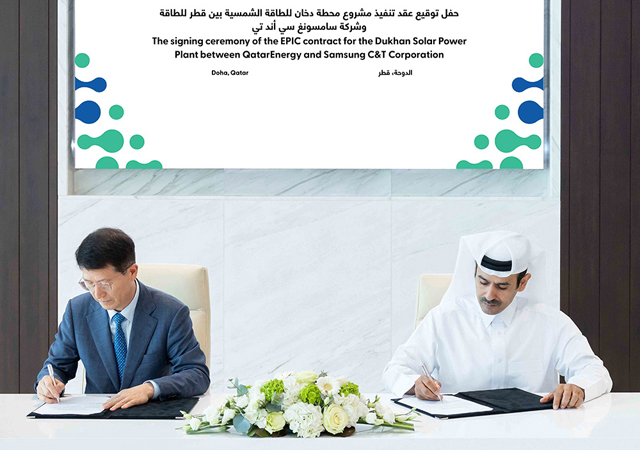
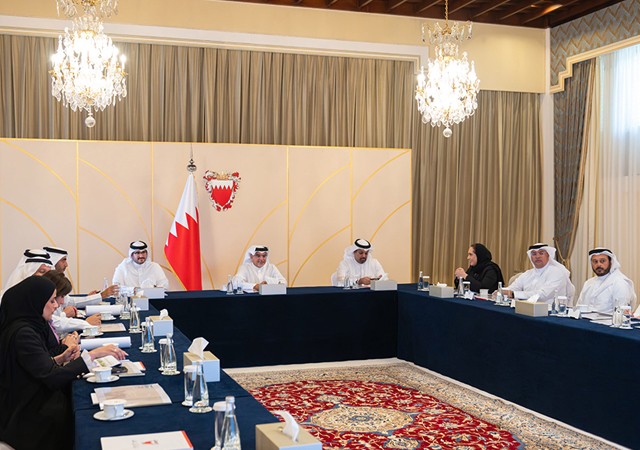

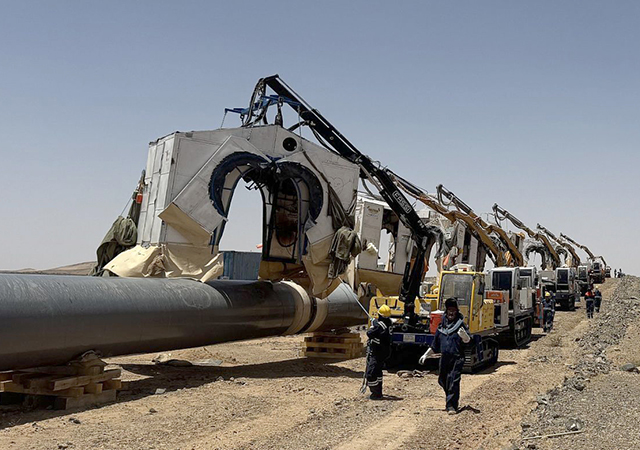
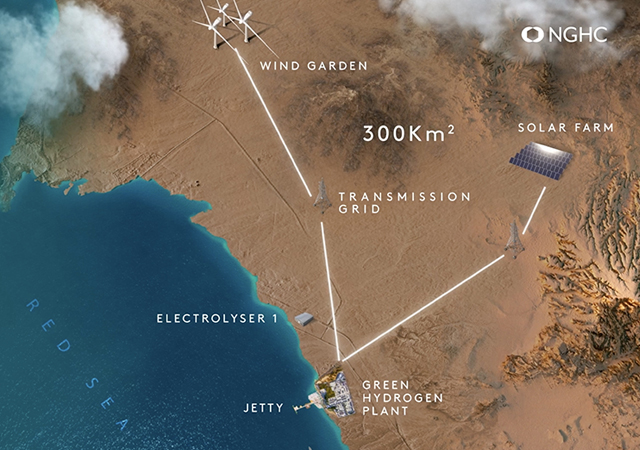
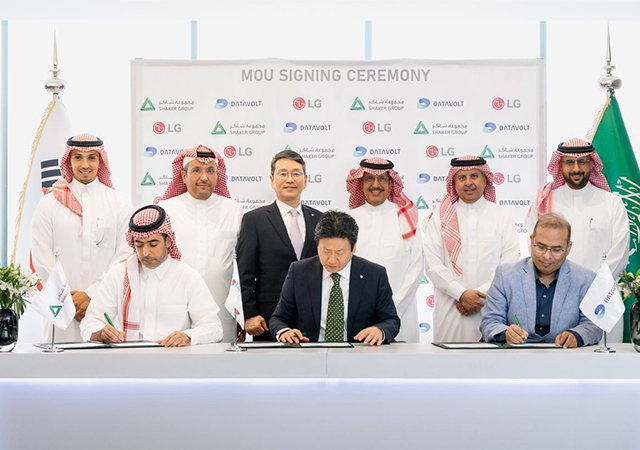
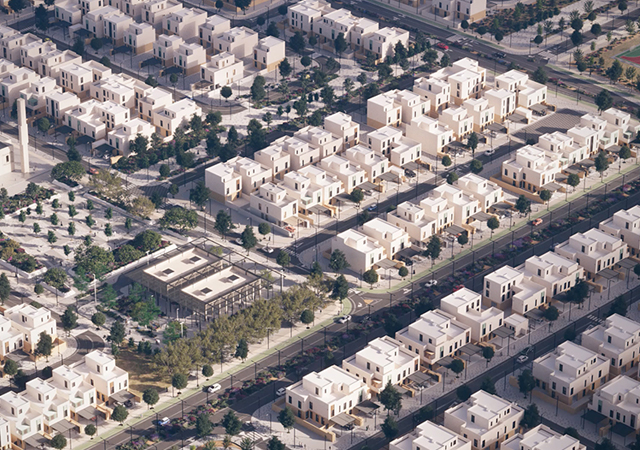
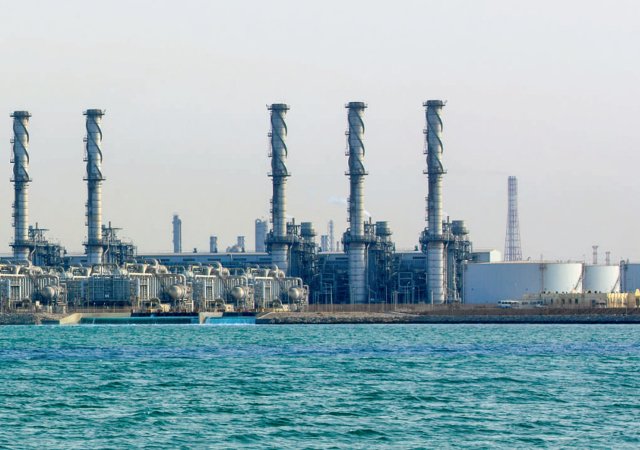
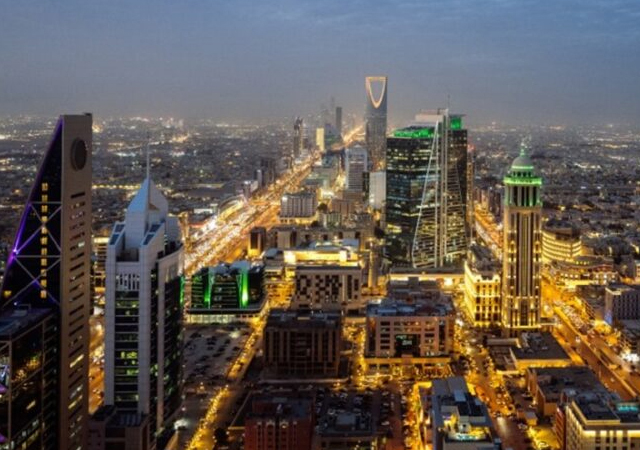
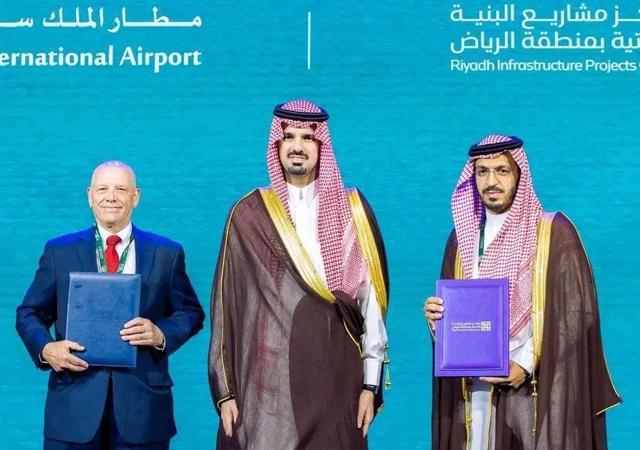
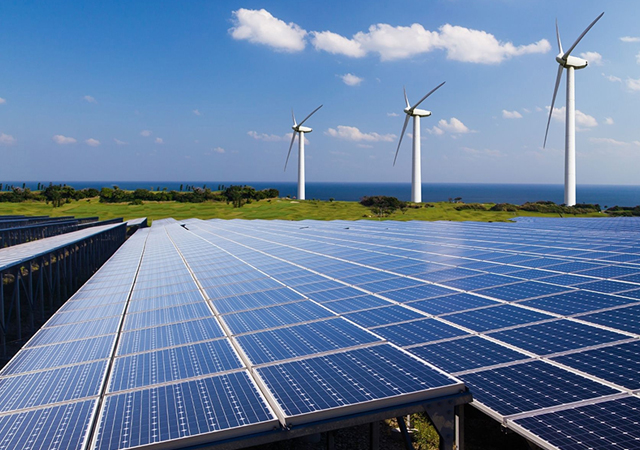
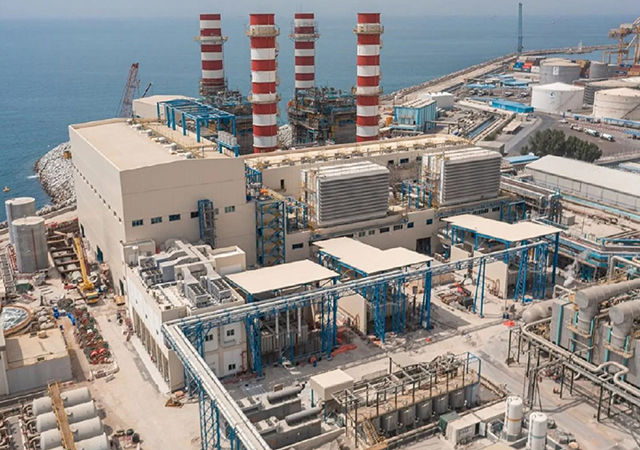
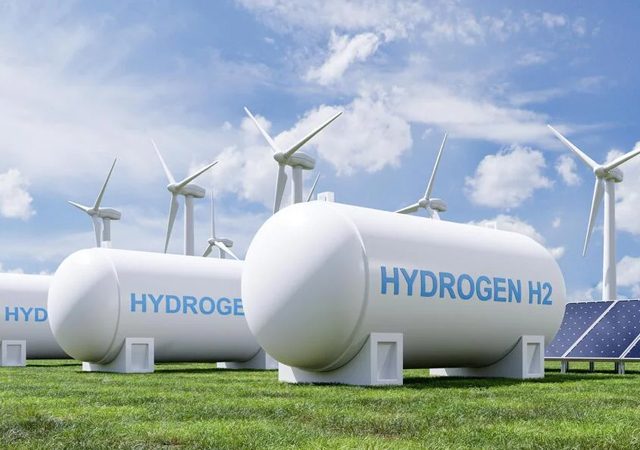

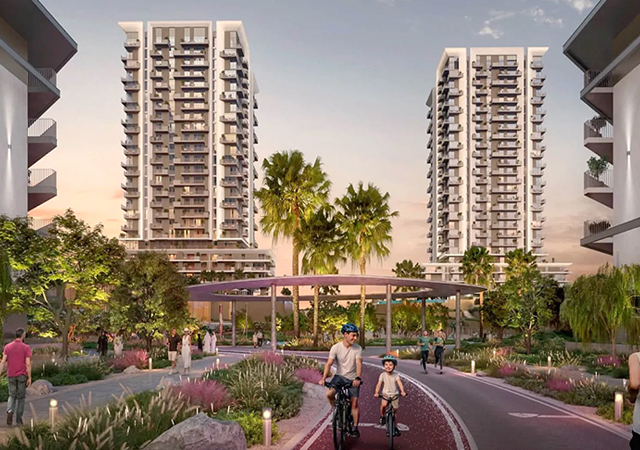
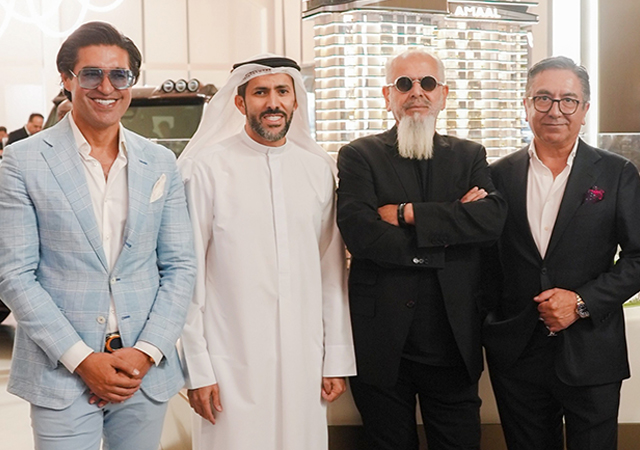
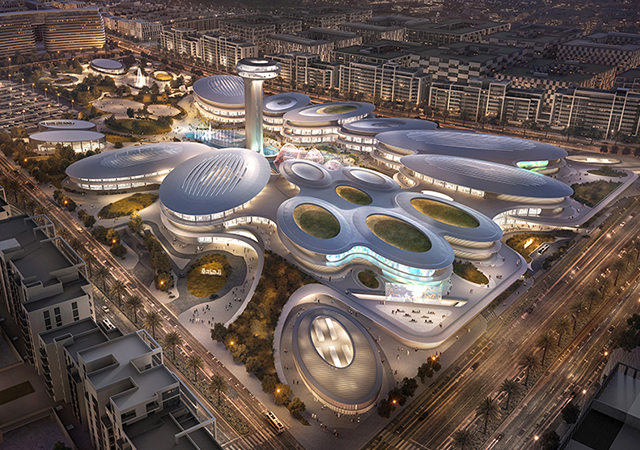
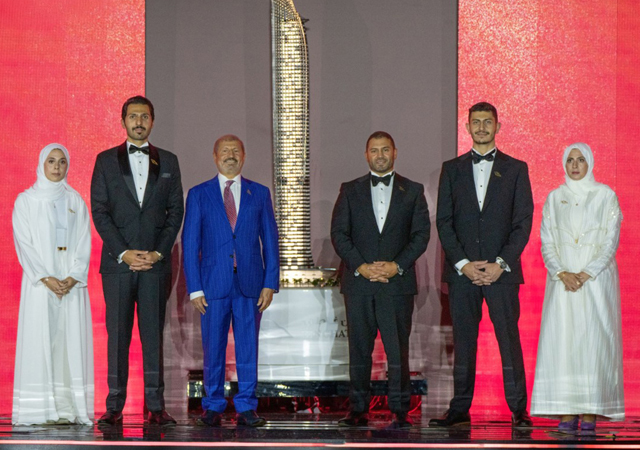
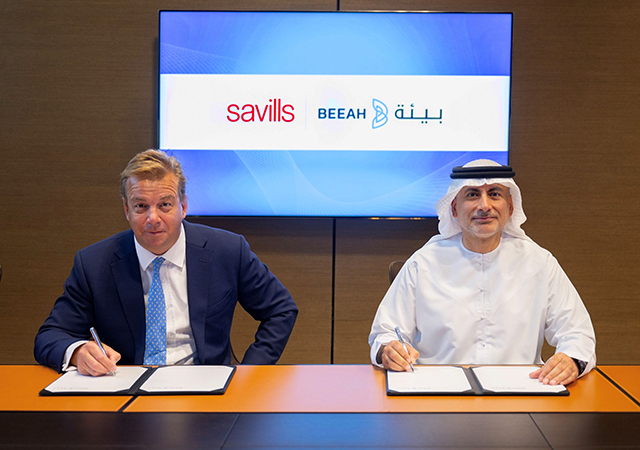
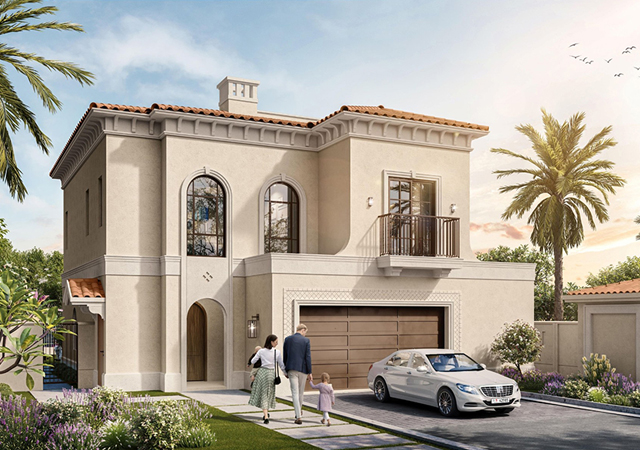
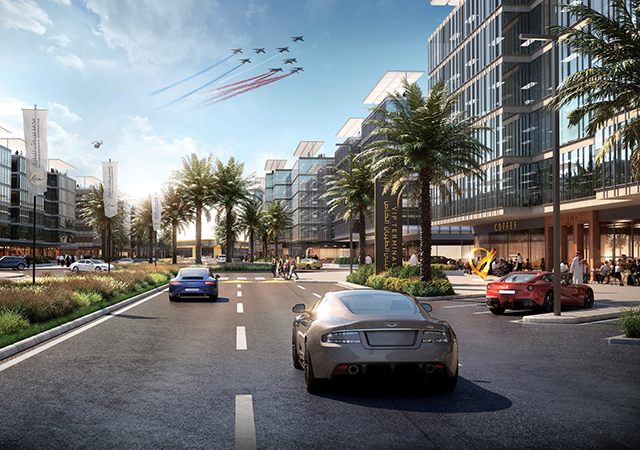
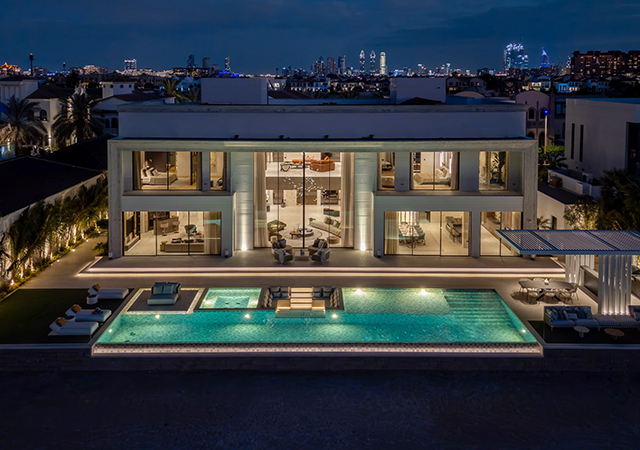
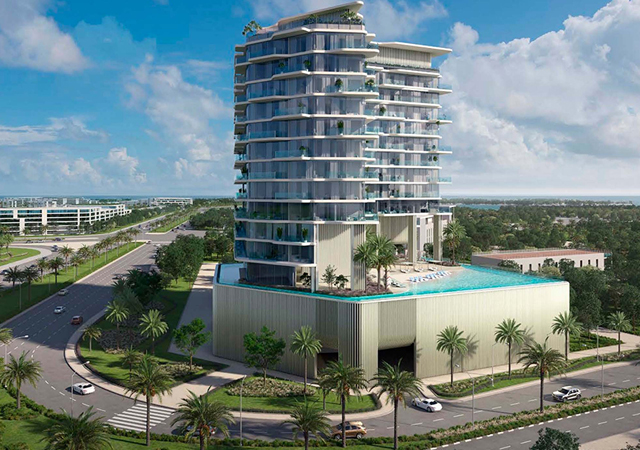
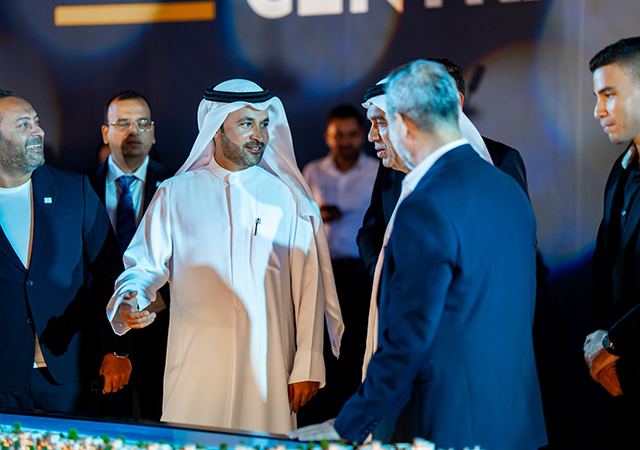
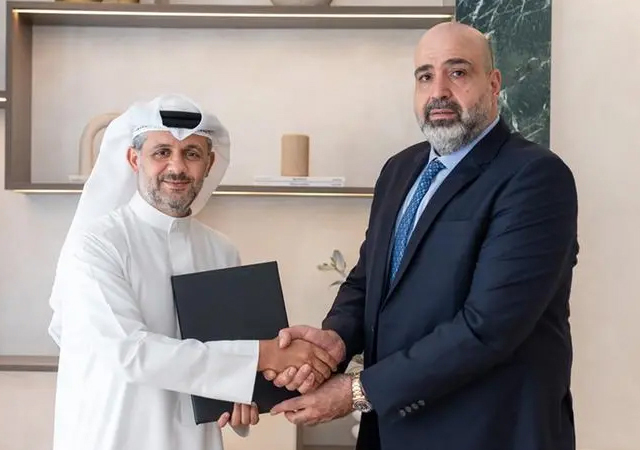
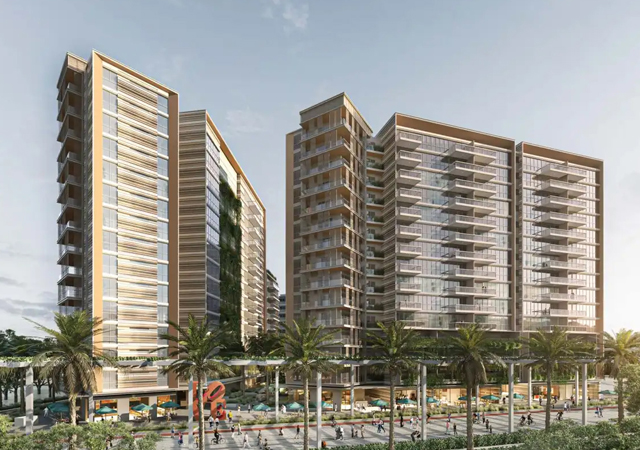
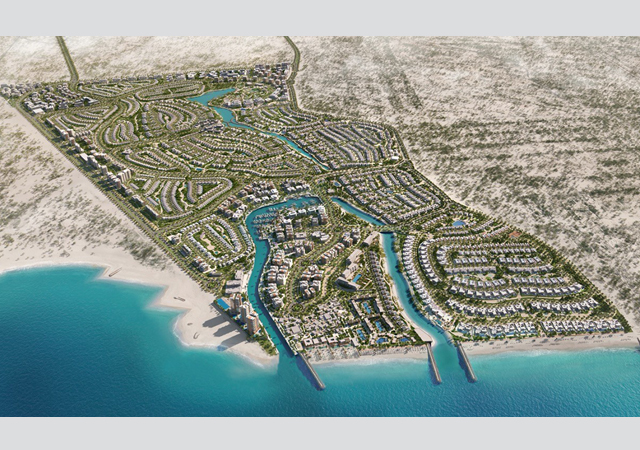
.jpg)
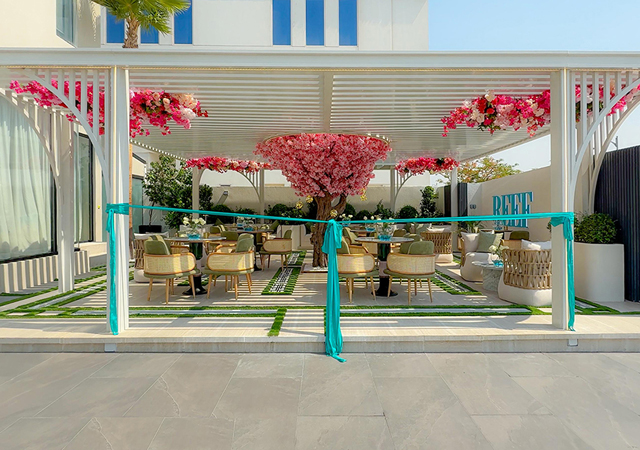
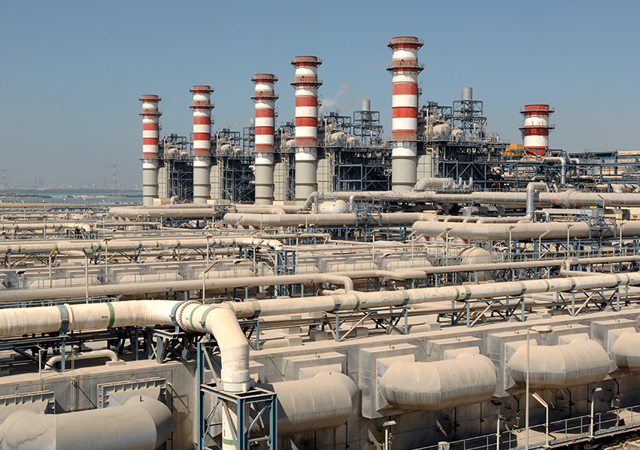
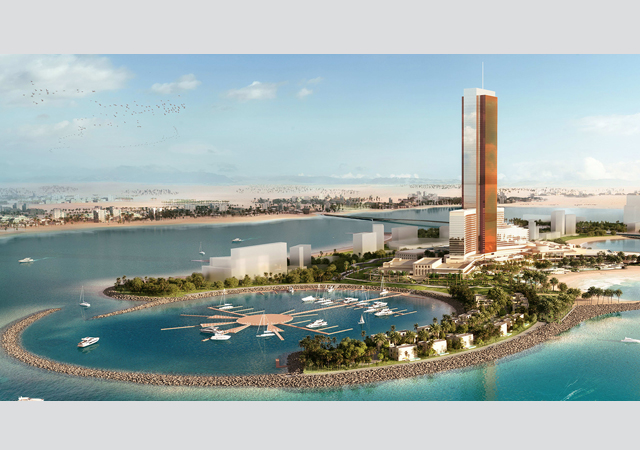
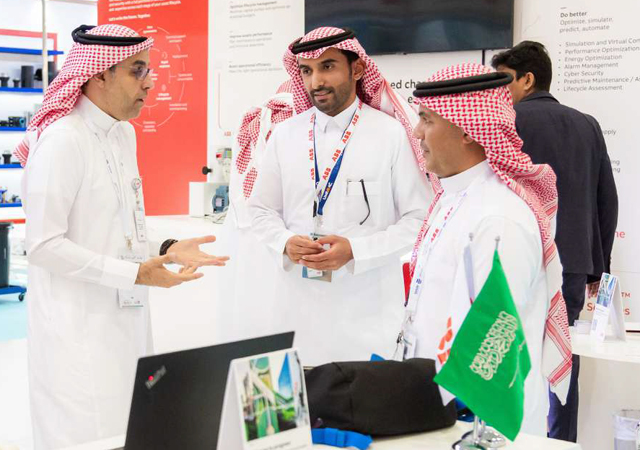
.jpg)
